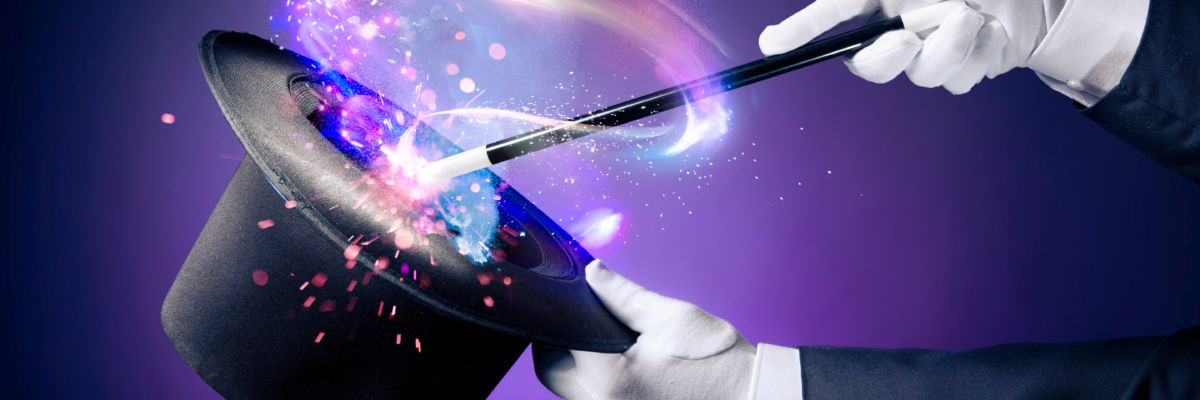
Why is Jesus so insistent that people keep his miracles secret? It’s a trend seen all over the Gospels—not just in today’s passage from Mark. It’s tempting to come up with some complicated explanation about mystical timing or reverse psychology, but most likely the Lord really does mean what he says. Why? Because in fact these healings are not the central part of his mission.
People today are not so different from first-century people in that they are probably more interested in dramatic, supernatural happenings than in the Lord’s hard teachings about the moral law or about himself. The most profound truth is quickly overshadowed by a good show. Surely that is even more obvious than usual in our current American election cycle!
Why does Jesus heal at all, then? His miracles are “signs,” in the language of the Gospel writers, pointing to the more significant truths about his identity and his mission. If he came merely to heal physical sickness, we should, in the end, call his mission a failure. Sure, he healed a bunch of people in first-century Palestine; we could even point to ongoing miraculous healings in the present day. But there remain many more sick people in the world not experiencing supernatural relief; there remain plenty of people who are blind or deaf or lame, plenty of people suffering.
Miracles are signs of who Jesus is—and though we might say that the supernatural power demonstrates his divinity, I wonder if it even more profoundly demonstrates his true humanity insofar as his healing ministry is deeply personal and particular. The miracles are also signs that he fulfills the promises of Israel’s prophets. Yet those promises were themselves intimations of a deeper spiritual healing, as the prophets themselves suggest. This isn’t to say that God doesn’t ultimately intend the perfection and healing of all nature—just that the corruption of physical nature is a symptom of the ultimately more determinative corruption of spiritual life. The resurrection of the body, which is central to our faith, follows from the spiritual regeneration effected by the complete self-offering of Jesus as the correction and healing of the spiritual wounds of sin.
So you can see how Jesus might really want to downplay the miracles to the extent that they distract people from the main thing. He knows that people are weak and need signs, but at the same time, he doesn’t want them to misinterpret the signs, to see them as the end in themselves. We’re so often like a child so enamored of the beautiful wrapping for a present that we neglect to notice what is actually inside.
I was especially moved this week by John Bergsma’s commentary:
When this Gospel speaks about the “deaf hearing,” it refers to us, who are so spiritually deaf that we can show up at Mass on Sunday morning and can’t even remember what Gospel was read by the time we’re driving home for lunch. When it refers to the “mute speaking,” it means us, who are so mute we cannot think of a single thing to say to our neighbor or coworker to move them towards faith in God, Jesus Christ, and the Church, though we may have been Christians all our lives (The Word of the Lord: Reflections on the Sunday Mass Readings for Year B).
Let that sink in. Another way of putting it might be that we’re often so worried about the physical ways that we want the Lord to heal us that we neglect to remember the deeper and more permanent wounds that he wants to touch.
Mark gives us a vivid image of Jesus putting his finger in the deaf man’s ear and then touching his tongue with his spit. The spit is, we ought to notice, a very creational image, for Jewish tradition always imagined God forming Adam not just out of earth but with a sort of divine spittle. And the finger as well holds a certain resonance with Genesis. Think only of Michelangelo’s famous depiction of the creation of Adam in the Sistine Chapel. The index finger, in Roman culture, was often called the digitus salutaris, which suggests mainly that it is a finger useful for pointing things out, but salus can mean a range of things, from mere greeting to health to salvation.
In today’s collect for the fifteenth Sunday after Trinity,* we pray for just such “salutary” help: “Because the frailty of man without thee cannot but fall; keep us ever by thy help from all things hurtful, and lead us to all things profitable to our salvation.” We need, in other words, the divine hand to reach out and pull us in the right direction. The original Latin translated here as “fall” (labitur) can mean “slide,” as in a slippery slope. Our frail mortality is always sliding back toward sin, toward corruption, toward blindness, deafness, muteness, and just overall spiritual darkness.
Let us pray that the Lord who healed the physical senses will heal our spiritual senses so that we can see his glory, hear his voice, and sing his praise in the world.
*Identical to the Fourteenth Sunday after Pentecost in the usus antiquior. The collect was retained in the 1970 Missal but moved for some reason to Tuesday in the Second Week of Lent.



